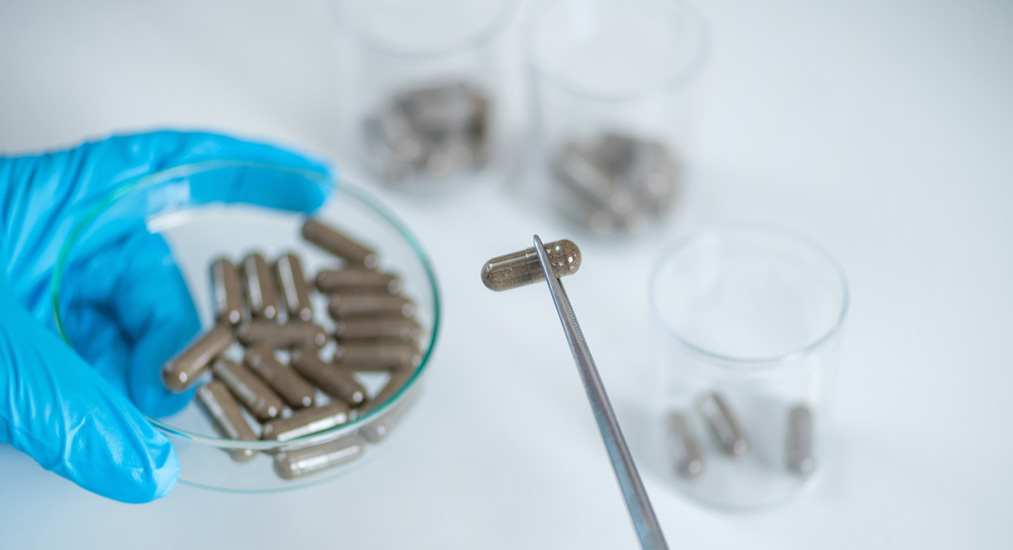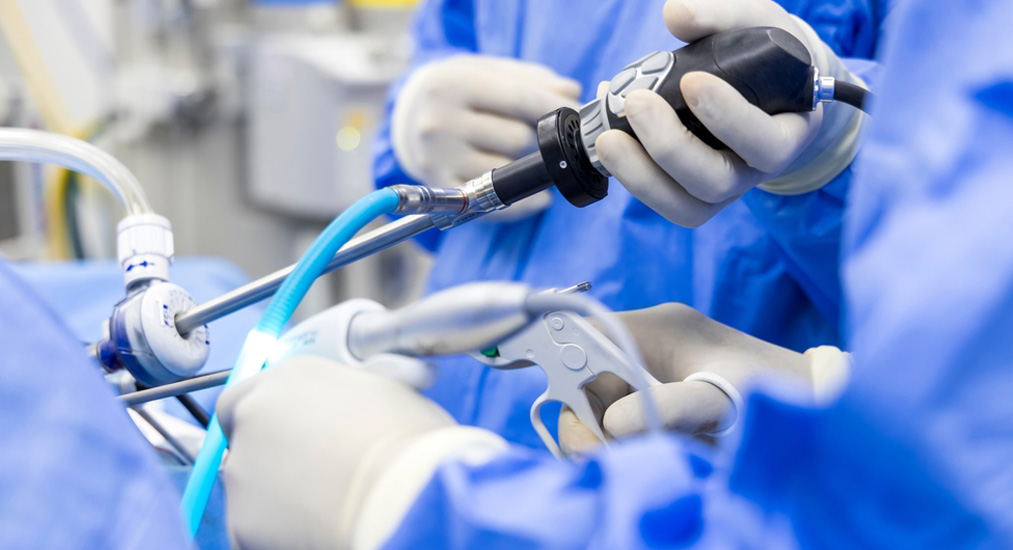Fecal Microbiota Transplantation (FMT) has emerged as a groundbreaking treatment in gastroenterology, offering new hope for patients suffering from various gastrointestinal disorders. This blog explores the principles, applications, and benefits of FMT in restoring gut health.
What is Fecal Microbiota Transplantation (FMT)?
FMT involves transferring fecal matter from a healthy donor into the gastrointestinal tract of a recipient to restore the balance of gut microbiota. The procedure aims to replenish beneficial bacteria and suppress harmful microbes that may contribute to digestive disorders.
Conditions Treated with FMT
- Clostridioides difficile Infection (CDI): FMT is most commonly used to treat recurrent or refractory Clostridioides difficile infections, a condition characterized by severe diarrhea and gut dysbiosis.
- Inflammatory Bowel Disease (IBD): Preliminary studies suggest that FMT may have therapeutic potential in managing symptoms of ulcerative colitis and Crohn’s disease by modulating the gut microbiome.
- Irritable Bowel Syndrome (IBS): While research is ongoing, FMT is being explored as a potential treatment for certain subtypes of IBS where gut dysbiosis plays a significant role.
The Procedure and Process
FMT is typically administered via colonoscopy, enema, or capsules containing frozen fecal material from thoroughly screened donors. Prior to transplantation, both donors and recipients undergo rigorous screening to ensure safety and minimize risks of infection transmission.
Benefits and Efficacy
- High Success Rates: FMT has shown remarkable success rates in treating recurrent CDI, often surpassing conventional antibiotic therapies.
- Potential for Long-term Remission: Some patients with CDI achieve sustained remission following FMT, highlighting its potential to alter the course of chronic gastrointestinal diseases.
- Minimal Side Effects: FMT is generally well-tolerated, with few reported adverse effects beyond mild gastrointestinal symptoms.
Considerations and Future Directions
While FMT holds promise, ongoing research aims to refine protocols, explore its efficacy in diverse patient populations, and expand its applications beyond current indications. Regulatory frameworks continue to evolve to ensure safe and standardized practices in clinical settings.
Conclusion
Fecal Microbiota Transplantation represents a transformative approach to restoring gut health by harnessing the therapeutic potential of the microbiome. At KLG Clinic, we stay at the forefront of gastroenterological advancements, offering comprehensive care to improve patient outcomes.
To discuss treatment options, contact KLG Clinic today.



